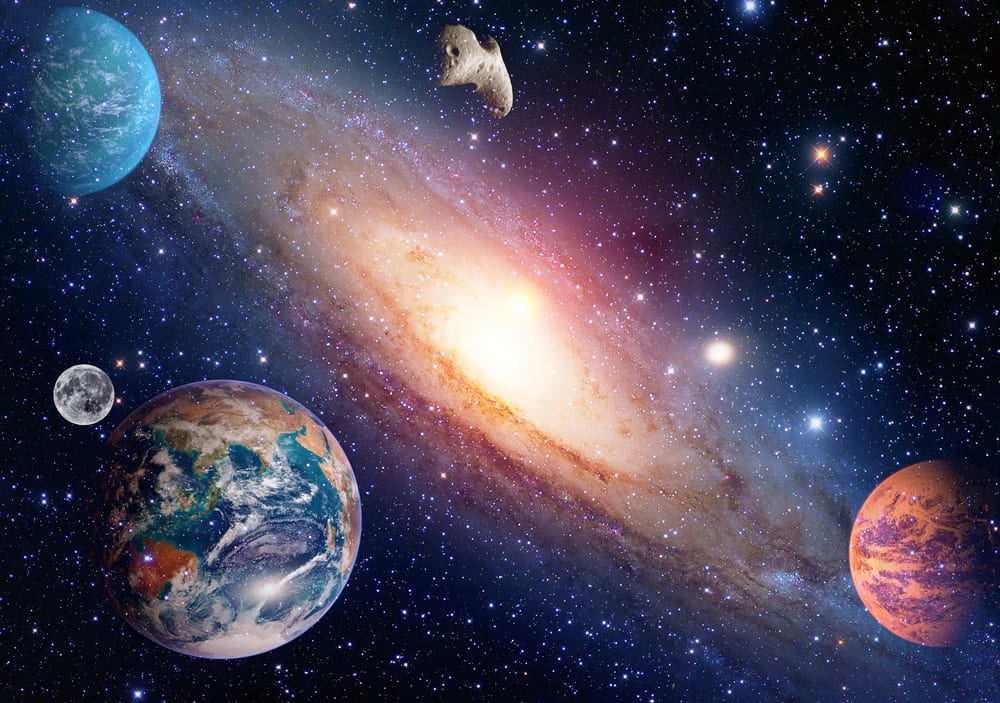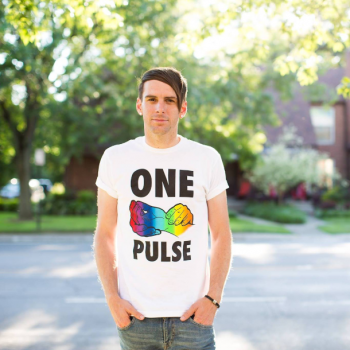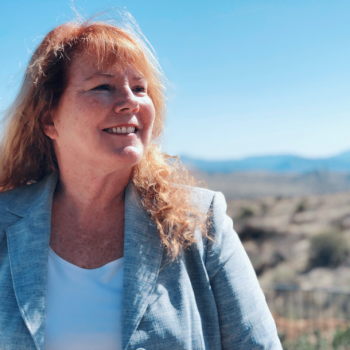In 2016, just about every poll leading up to Election Day said Hillary Clinton would win the race but they differed significantly when it came to how likely that victory would be. The website FiveThirtyEight said her chance of winning was 71%; The Huffington Post said 98%.
Were those polls wrong? That’s the wrong question. It’s really about what factors they’re considering to make their predictions. Pollsters this year are trying to correct the most egregious errors from four years ago. Here’s how the New York Times explains how some pollsters are correcting their tools this time around:
Perhaps most important, many pollsters now weight their sample to properly represent voters without a college degree. The failure of many state pollsters to do so in 2016 is widely considered one of the major reasons the polls underestimated Mr. Trump’s support. Voters without a four-year college degree are far less likely to respond to telephone surveys — and far likelier to support Mr. Trump. By our estimates, weighting by education might move the typical poll by as much as four points in Mr. Trump’s direction.
That’s how data analysis works. You check for possible places where error might creep in, correct it as best you can, then update your estimates.
Science works in a similar way.
The age of the universe is roughly 13.8 billion years old based on our best estimates, but some scientists believe it’s a bit younger. A team of researchers a couple of weeks ago said they believed the 13.8 billion-year estimate was fairly accurate.

The [Atacama Cosmology Telescope] team [in Chile] estimates the age of the universe by measuring its oldest light. Other scientific groups take measurements of galaxies to make universe age estimates.
The new ACT estimate on the age of the universe matches the one provided by the standard model of the universe and measurements of the same light made by the Planck satellite. This adds a fresh twist to an ongoing debate in the astrophysics community, says Simone Aiola, first author of one of the new papers on the findings posted to arXiv.org.
Interesting. But wait! Research publisher two weeks after that, using a different approach, found that the real age is significantly younger than we thought:
[University of Oregon physicist Jim] Schombert and colleagues used a new approach, recalibrating a distance-measuring tool known as the baryonic Tully-Fisher relation independently of the Hubble constant. They took the distances of 50 galaxies, as determined in part with help from the Spitzer Space Telescope, and used that hard data to estimate the distances of 95 other galaxies.
This approach, Schombert said, better accounts for the mass and rotational curves of galaxies than data used to build previous equations.
Schombert’s results put the age at about 12.6 billion years old.
I’m obviously not in a position to weigh the different approaches and tell you which one is better or why one of them doesn’t work. But this is typical in science, especially when it comes to measuring something indirectly. It’s not necessarily about a right or wrong approach; it’s more like a good approach replaced by a better one. That’s how the process works.
But Creationist Ken Ham doesn’t understand that. He thinks that if scientists have disagreements about something so fundamental, then all of science is broken. He specifically cites this age-of-the-universe discrepancy to say Creationists have the upper hand because they have a definitive answer to the question… (even though it’s unequivocally incorrect by a factor of… everything.)
So which is it? 13.8 billion years or 12.6 billion years? That’s just a difference of a “mere” 1.2 billion years, after all, but why such conflicting results? Well, it’s because both have the wrong starting point—man’s ideas of naturalism and billions of years.
The correct starting point for our thinking isn’t billions of years. That’s a belief imposed on the observable evidence, such as the cosmic microwave background and light from distant galaxies. Because the models of these researchers have the wrong starting point (i.e., wrong assumptions), they’re drawing wrong interpretations and conclusions from the evidence.
Never listen to a man whose “evidence” consists of the only book he’s ever read. It’s the equivalent of listening to a celebrity anti-vaxxer while ignoring the epidemiologists who have spent their careers studying infectious diseases.
Disagreeing about which factors go into calculations about the age of the Earth — and how much weight to give them — is a useful, normal scientific debate. Pretending the Earth is a few thousand years ago based on none of those assumptions is just a waste of time.
(Image via Shutterstock)




It’s Moving Day for the Friendly ..."
It’s Moving Day for the Friendly ..."
It’s Moving Day for the Friendly ..."
It’s Moving Day for the Friendly ..."